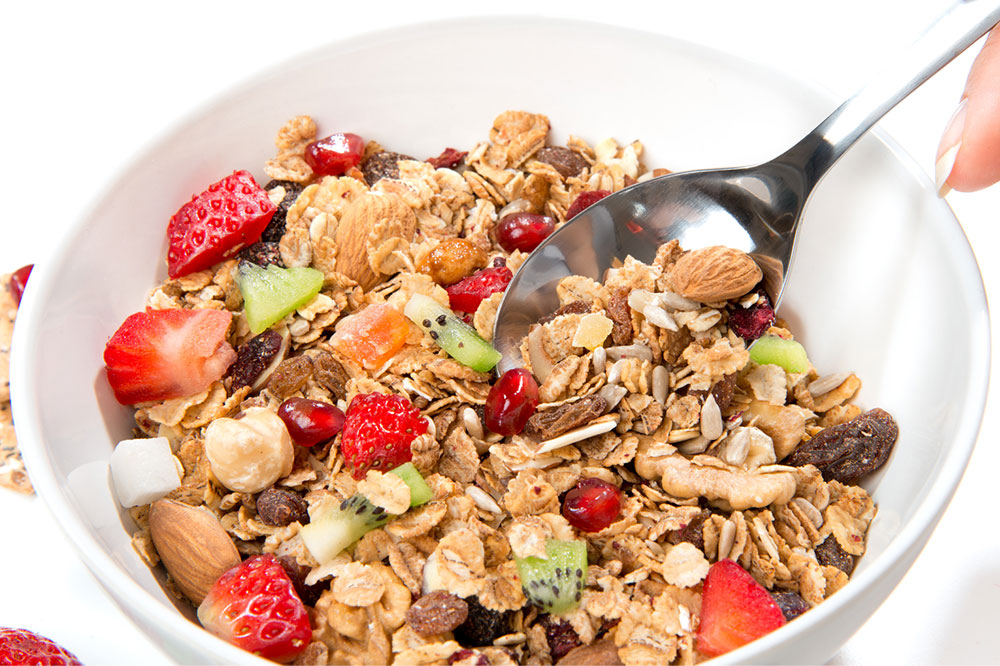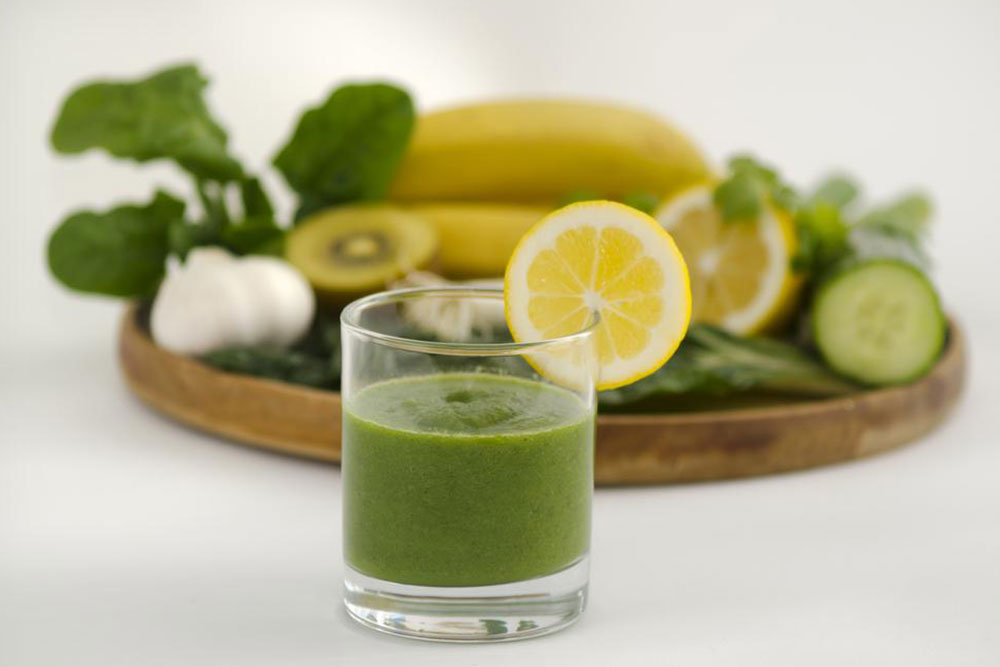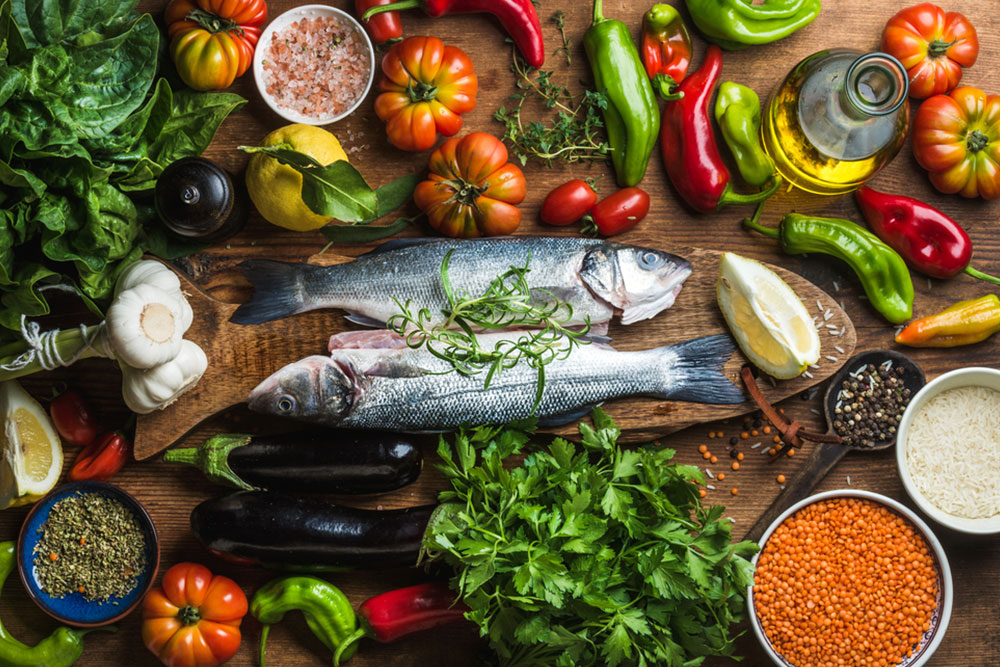Diet Tips: Foods to Avoid and Include for Managing Bipolar Disorder
This article offers practical dietary advice for individuals with bipolar disorder. It lists foods that may worsen symptoms, such as caffeine, unhealthy fats, alcohol, and sugar, while highlighting beneficial options like omega-3 rich fish, selenium sources, and probiotics. Emphasizing a balanced diet, the piece underscores the importance of nutrition alongside medication and therapy in managing mood stability. It provides tips for gradual lifestyle adjustments and discusses natural supplements like saffron that could support emotional health. An informative guide for supporting mental wellness through diet choices.
Dietary Recommendations for People with Bipolar Disorder
Managing bipolar disorder involves more than just medication—diet and lifestyle play vital roles in symptom control. While there’s no specific diet prescribed for bipolar disorder, understanding which foods can influence mood is essential.
This article highlights foods that may worsen symptoms and others that support emotional stability. Proper dietary choices, combined with therapy and medication, can help individuals better manage their condition.

High caffeine intake can disrupt sleep and mood, so moderation is key. Suddenly stopping caffeine can lead to irritability and fatigue, so reduce it gradually. Excess saturated and trans fats can contribute to obesity and interfere with medication effectiveness—opt for healthy fats like fish, nuts, and vegetables.
Alcohol consumption can negatively impact mood, interact with prescribed medications, and impair cognitive function, increasing the risk of depression and weight gain. When craving sweets, healthier options like fruits, dark chocolate, and yogurt are recommended. Knowing which foods to avoid is crucial for stability.
Including nutrient-rich foods can support mood regulation. Omega-3 fatty acids found in salmon, sardines, and flaxseeds promote brain health. Selenium-rich foods like turkey, shrimp, and Brazil nuts help maintain emotional balance. Turkey's tryptophan content can aid sleep and serotonin production.
Probiotics can enhance gut health and emotional well-being by promoting serotonin production. Saffron has shown antidepressant qualities and may reduce reliance on medication with regular consumption. Besides medication, a careful diet can make a significant difference in managing bipolar disorder symptoms.










